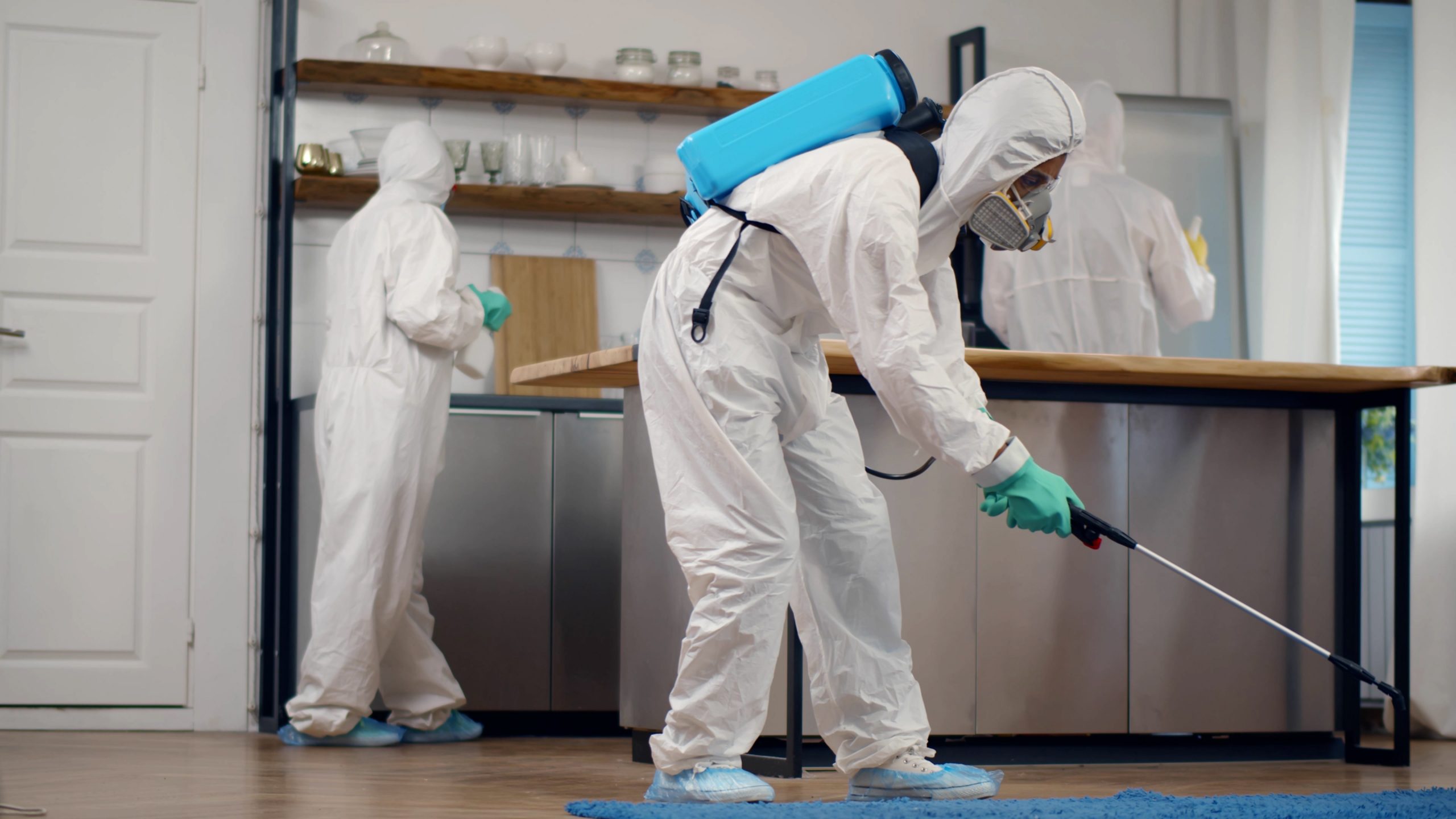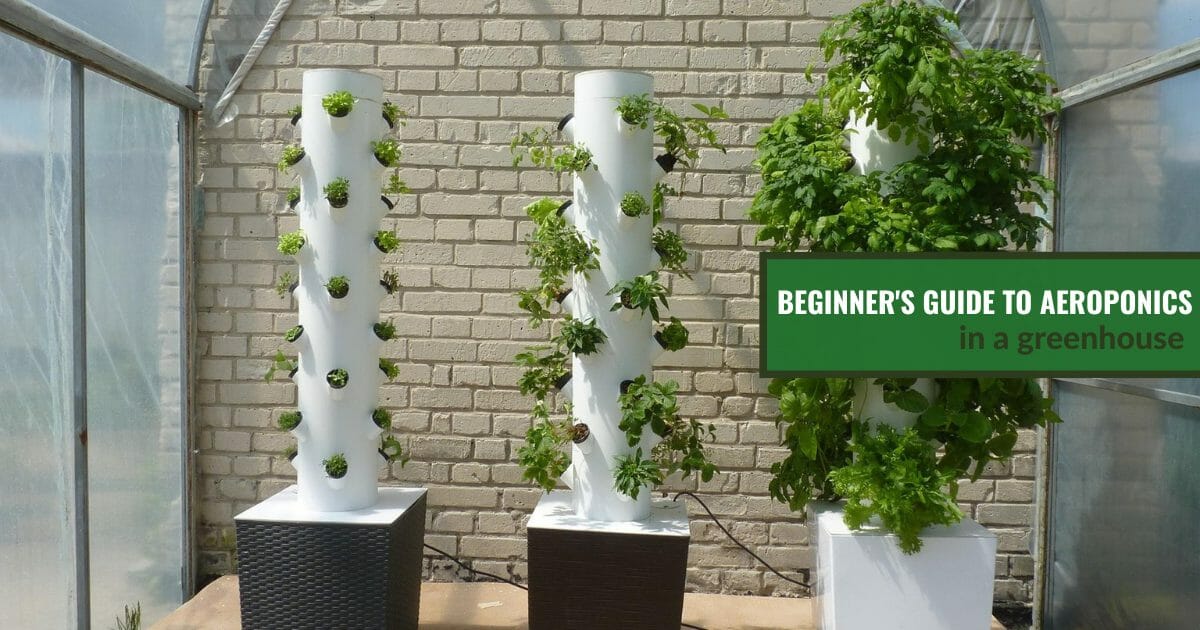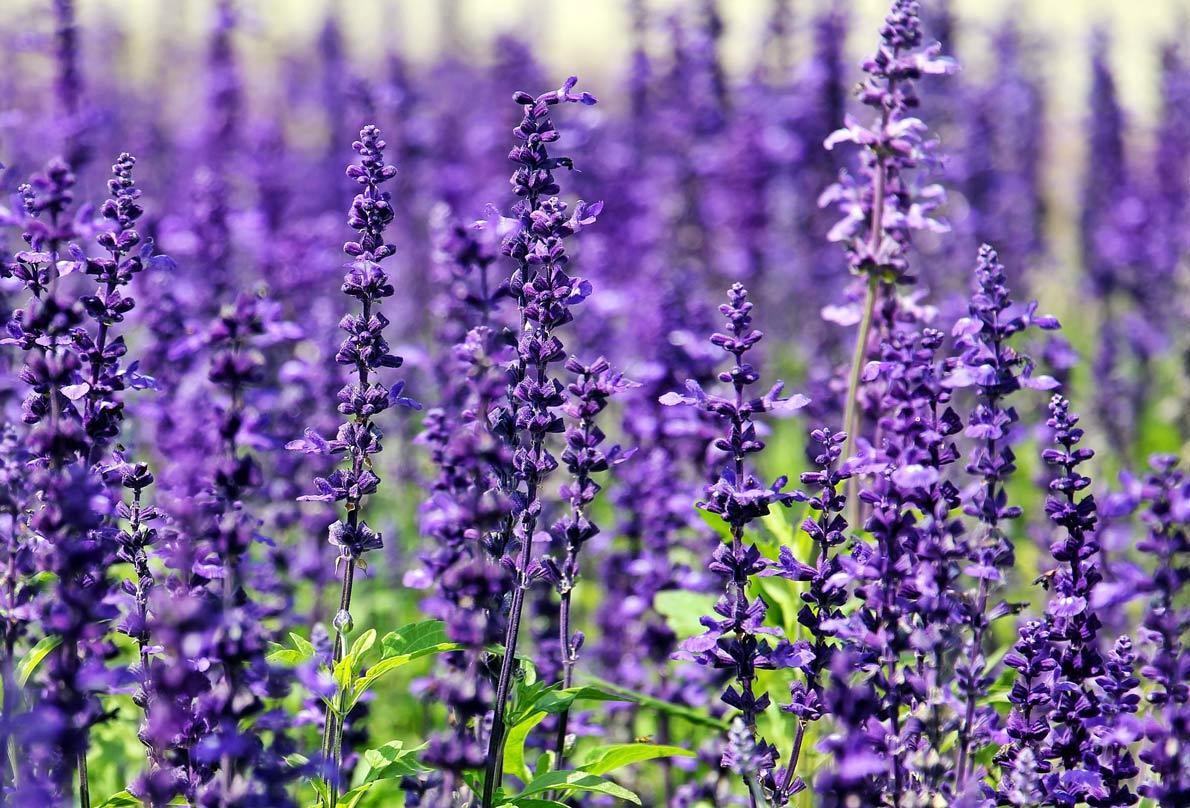Pests can wreak havoc on your garden, damaging plants and reducing yields. Effective pest control is essential to maintain a healthy and thriving garden. Here are some tips for managing common garden pests:
Identifying Common Garden Pests
- Insects: Aphids, beetles, caterpillars, and whiteflies are common insect pests that can damage plants.
- Rodents: Mice, voles, and gophers can damage roots and stems.
- Birds: Birds can peck at fruits and seeds.
- Deer and Rabbits: These animals can cause significant damage to plants, especially in suburban areas.
Natural Pest Control Methods
- Beneficial Insects: Encourage beneficial insects like ladybugs, lacewings, and praying mantises to prey on pests.
- Companion Planting: Plant certain plants together to deter pests. For example, marigolds can repel nematodes.
- Neem Oil: A natural insecticide derived from the neem tree, effective against a variety of pests.
- Insecticidal Soap: A gentle, environmentally friendly pesticide that can be used on many pests.
- Diatomaceous Earth: A natural, non-toxic powder that can be used to control insects like ants, beetles, and slugs.
Chemical Pest Control
If natural methods are not effective, you may need to resort to chemical pesticides. However, it’s important to use these products carefully and only as a last resort. Always read and follow the label instructions.
Prevention Tips
- Plant Healthy Plants: Healthy plants are better able to resist pests and diseases.
- Practice Good Garden Hygiene: Remove weeds and plant debris, which can harbor pests.
- Monitor Your Garden Regularly: Inspect your plants for signs of pests and take action early.
- Use Pest-Resistant Varieties: Choose plant varieties that are naturally resistant to pests.
By combining natural and chemical control methods, you can effectively manage pests and protect your garden. Remember to always prioritize sustainable and environmentally friendly practices.



